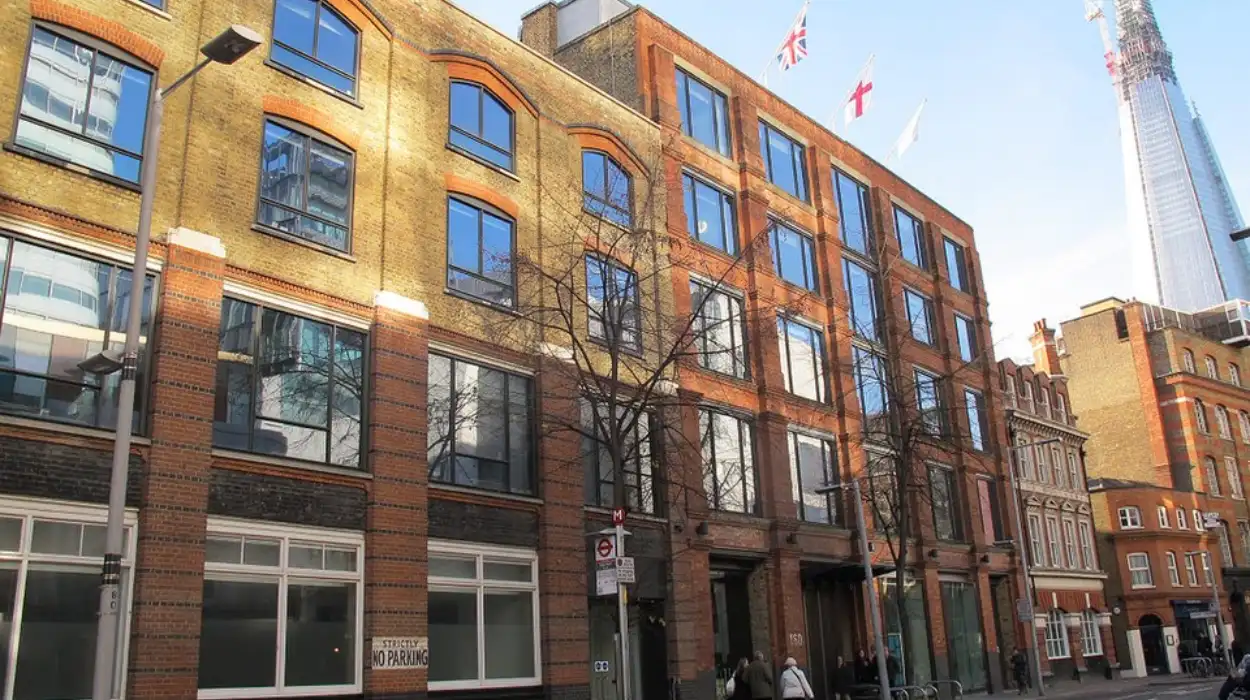Southwark (Parliament Politics Magazine) – A Southwark mother receives £300 after authorities mishandled her complaint about her daughter’s police-advised housing moves, including beyond London.
Despite the fact that social care was involved, the Local Government and Social Care Ombudsman discovered that Southwark Council used the corporate complaints system rather than the children’s statutory complaints procedure to address the woman’s complaint.
In spite of having signed a Section 20 agreement, which states that the council provides housing for a child with the consent of their parent or guardian, Ms. X complained on September 13, 2024, about the social care accommodations, claiming that she was compelled to move every few days and that her daughter was missing out on education because she had to relocate outside of London on police advice.
The council is required to express regret to Ms. X for the time and effort she invested in investigating the complaint. In her letter to the council, the woman revealed her “deep concern and frustration” with the way social services handled her case.
She added that the council was making her attend appointments, which was difficult for her to do on her own. On October 25, she received a stage one response from the council that included a number of additional emails from Ms. X bringing up concerns between September 11 and October 16.
The 13-page statement addressed every point brought up, including social services’ shortcomings in supporting her and her family. According to the Ombudsman’s report, Ms. X brought her complaint to the second stage and expressed the same worries, stating that social services had a responsibility to protect the safety and well-being of families that were at risk, particularly those with disabled children.
The council’s comprehensive stage two answer, which was sent on November 14, 2024, partially upheld the complaint and directed Ms. X to the Ombudsman if she was still not happy.
The Ombudsman said:
“No independent person was involved and the council failed to mention the three-stage procedure which includes a review panel. The council has used its corporate complaints procedure even though the issues clearly involve social care.”
The Ombudsman concluded:
“In our view, the council’s failure to respond to Ms X’s complaint using the children’s statutory complaints procedure was fault. As a parent she met the criteria of someone ‘who may complain’ as per the statutory guidance: Getting the Best from Complaints.
The statutory procedure provides an important, independent, route of redress for vulnerable children, young people and those acting on their behalf. The fault meant Ms X had to go through the wrong complaints procedure and complain to the Ombudsman unnecessarily.”
How does Southwark’s compensation policy compare to other councils?
Southwark Council’s compensation policy for housing-related complaints involves paying compensation based on the impact severity and distress caused by failures or delays, typically calculated by weekly or daily rates for inconvenience (e.g., £3 to £10 per day or week depending on the case).
Awards are often offset against any arrears owed by the tenant. This approach is consistent with their formal published policy setting clear criteria for compensation based on the nature and duration of disruption or distress.
Compared to other councils, Southwark has shown a notable increase in compensation payouts recently, with a reported 133% rise in amounts paid to residents in 2022/23 compared to the previous year, indicating a relatively proactive stance on compensation.


